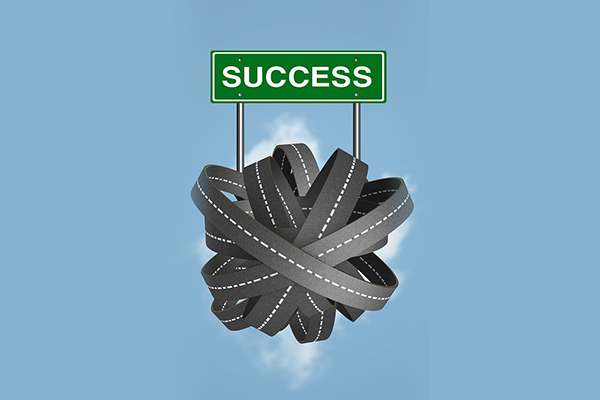The world of work is complex, and navigating the multitude of potential career paths can be a daunting process for individuals. This is where career counselors and coaches come in, offering guidance and support. Central to this process is the use of career assessments, which provide a solid foundation for identifying the right career path. This article delves into the crucial role that career assessments play in the work of career counselors and coaches.
Career Counselors: Navigating the Crossroads
Career counselors often work in educational settings, such as high schools, colleges, or career centers, and help individuals explore, make choices, and take actions related to their career development. Career assessments are a vital tool in a counselor’s toolkit. They use these assessments to provide objective and structured insights into an individual’s strengths, skills, interests, and values. This data aids in personalized career planning and decision-making.
For instance, if a career assessment reveals that a student has a high aptitude for logical reasoning and a strong interest in healthcare, a counselor might suggest considering a career in medical research or biomedical engineering.
Career counselors also use assessment results to guide students’ course selection, internship placements, and post-secondary planning, ensuring these align with their career goals. They provide advice on potential career paths, educational programs, and the labor market, helping students understand their career trajectory.
Career Coaches: Achieving Career Goals
Career coaches, on the other hand, often work with adults who are looking to transition careers, seek promotions, or improve their job performance. They can use career assessments to help clients understand their professional strengths, areas for improvement, and potential career paths that align with their skill sets and values.
An assessment might reveal, for example, that a client has strong leadership capabilities but needs to develop their strategic thinking skills. With this information, a coach could provide targeted advice to help the client advance their career, perhaps suggesting specific training programs or on-the-job strategies to enhance these skills.
Career coaches also use assessments to support clients through career transitions. For someone considering a career shift, understanding their transferable skills and innate preferences is invaluable. For example, a career coach might work with a lawyer looking to transition into a less stressful career. An assessment might reveal a strong interest in research and detail-oriented tasks, prompting the coach to suggest potential careers in policy development or consulting.
Career coaches & Career Counselors use career assessments with their clients in several ways, each designed to facilitate a deeper understanding of the client’s unique strengths, interests, and potential career paths. Here are some examples:
- Identifying Strengths and Interests: One of the main ways career coaches use career assessments is to help clients identify their natural strengths and interests. This can include highlighting areas where the client naturally excels and industries or roles that might align with the client’s passion. For example, if a career assessment reveals a client has a knack for logical reasoning and enjoys solving complex problems, the career coach may suggest they consider roles in areas like data analysis, software development, or engineering.
- Career Transition: Career assessments can be used by coaches to help clients who are considering a career change. By identifying a client’s transferrable skills and passions, they can suggest new career paths that the client might not have considered. For example, a client with a background in sales might reveal through an assessment that they have strong interpersonal skills and an interest in mental health. In this case, the coach could suggest transitioning to a role in counseling or therapy.
- Career Advancement: Coaches often use assessments to help clients looking to advance in their current careers. By identifying a client’s strengths and areas for improvement, they can suggest strategies for career development. For instance, a client who scores high in leadership but lower in organizational skills could benefit from specific managerial training or resources to improve their planning and organization abilities.
- Improving Job Satisfaction: Career assessments can provide insight into what a client values in a work environment, which can help improve job satisfaction. For example, a client may discover they value work-life balance and team collaboration more than they realized. The career coach could then work with the client to identify opportunities that offer flexible working hours and a strong team culture.
- Understanding Work Style: Assessments can provide valuable insights into a client’s preferred work style, which can guide them towards roles where they’re more likely to thrive. For example, a client who prefers working independently and in a structured environment might find they’re well-suited to roles in project management or research.
- Interview Preparation: Understanding one’s skills, interests, and values can help clients prepare for job interviews. Career coaches can use assessment results to help clients articulate their strengths and how they align with the company’s needs, making them more confident and effective in interviews.
In these ways and more, career coaches leverage career assessments to provide their clients with personalized, actionable advice that helps them navigate their career path effectively and satisfactorily.
